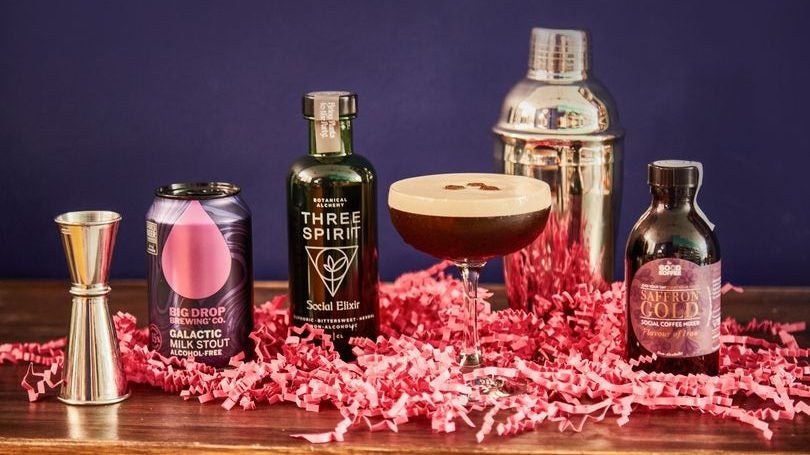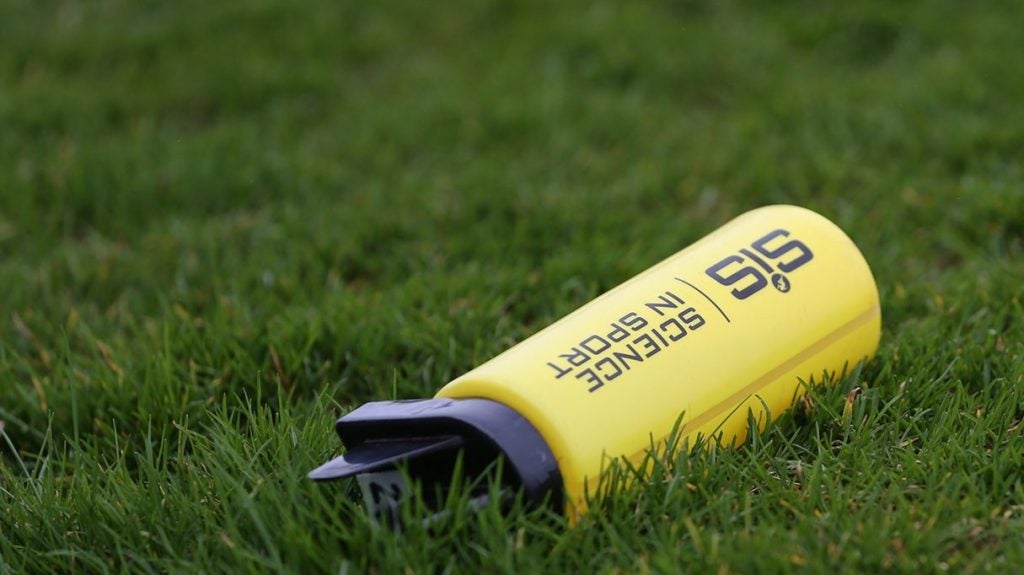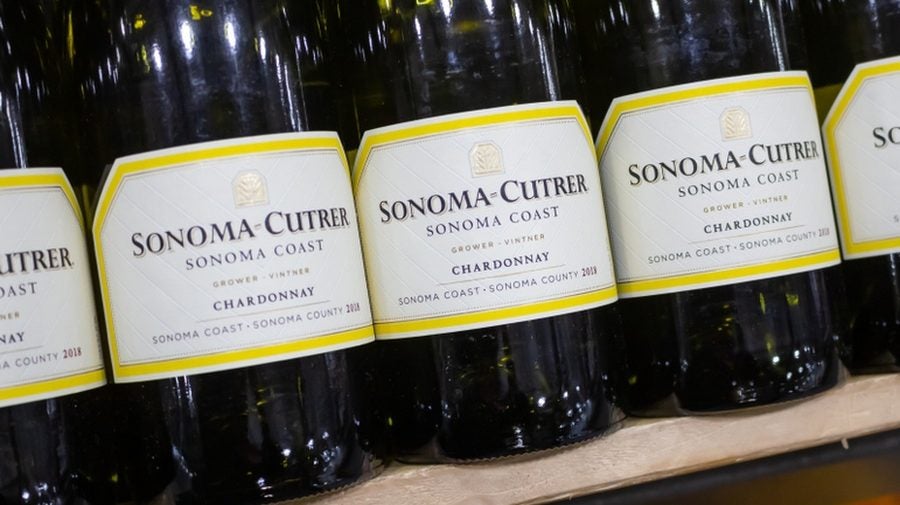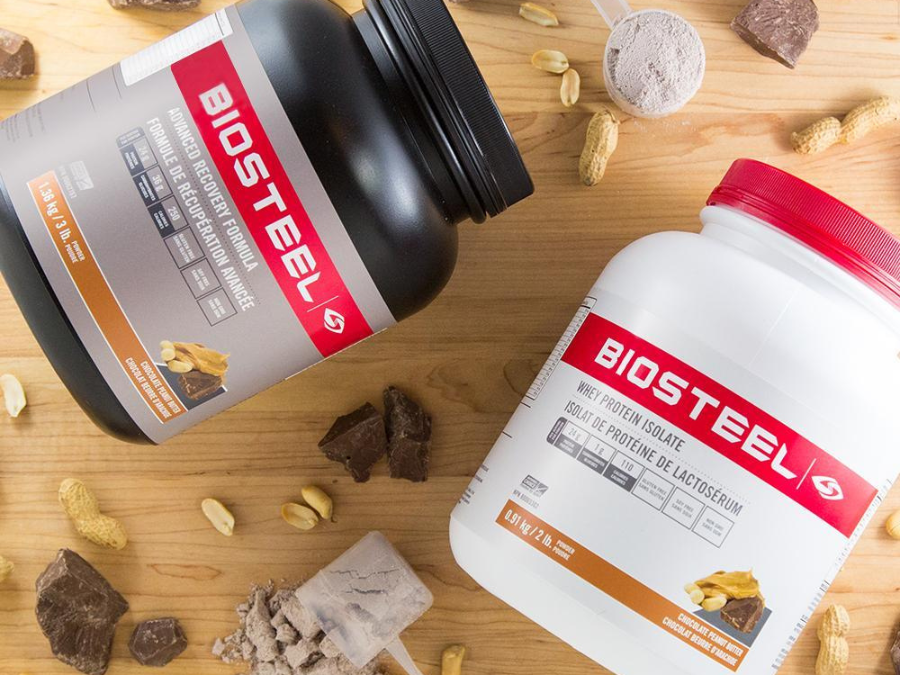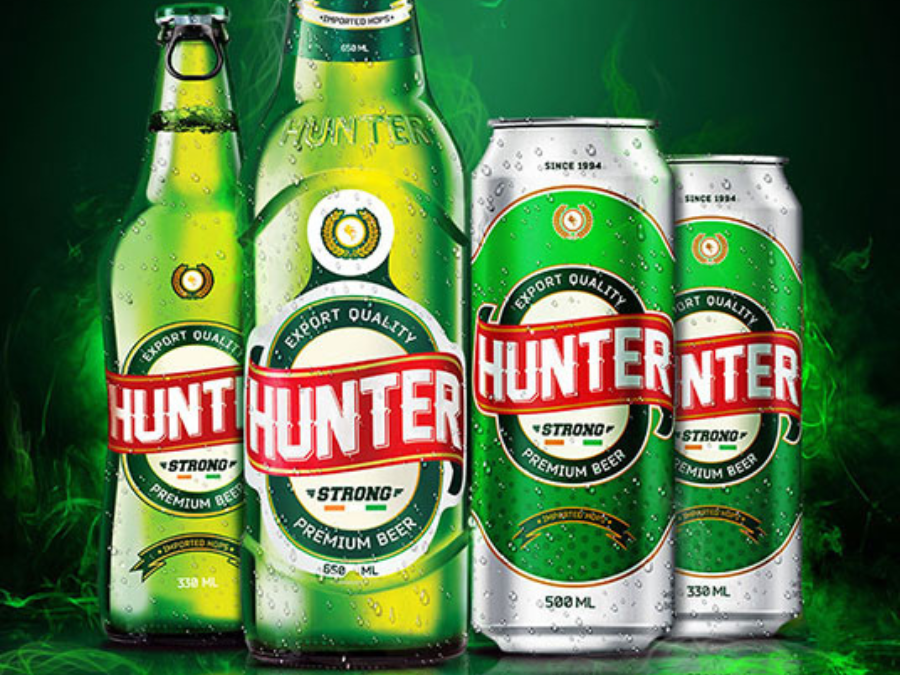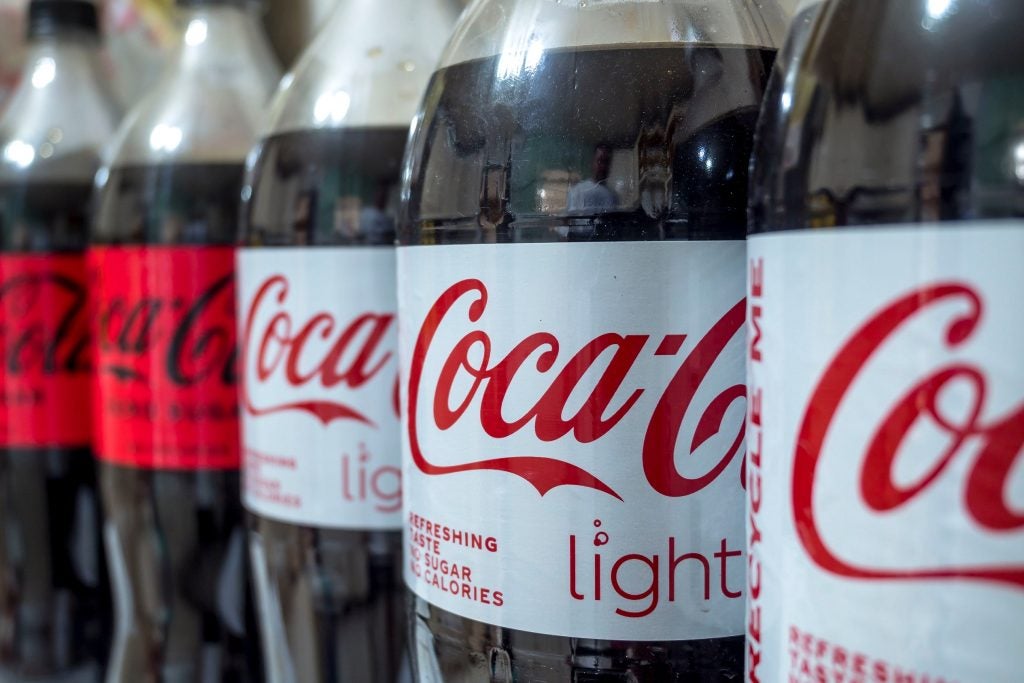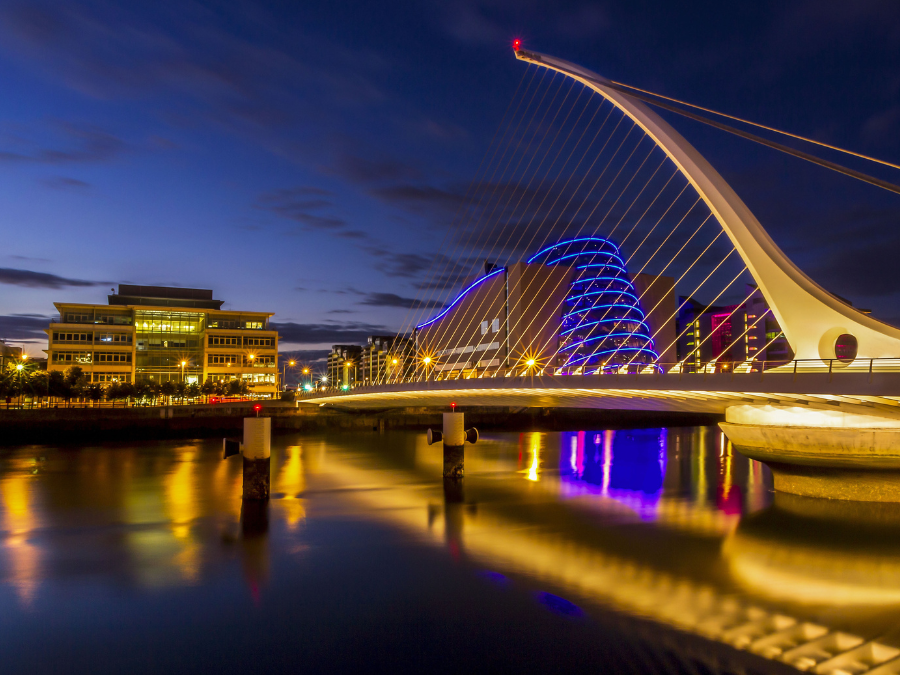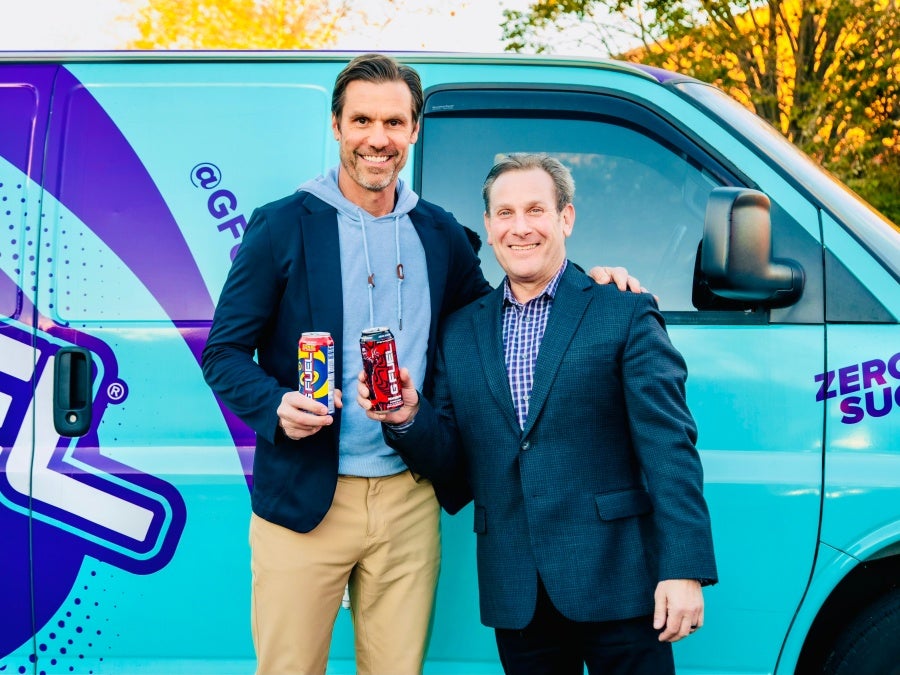Low- and no-alcohol brands should reassess the terminology they use to boost their position in the UK, according to new research.
The report, conducted by London-based alcohol-free retailer Club Soda and marketing agency Boldspace, called on brands and buyers in the country to “carefully pick” the language they use – from the text on menus in bars or restaurants and bottle or can labels, to online advertising.
It advised smaller brands to move away from comparative phrases such as “alternatives”, “mocktails” or “free from”, often seen on shelf and bottle labels, or “just as good”, and “the flavours you love”, which it found brands are frequently using in their marketing.
Using comparisons works better for larger companies better known for their alcoholic drinks, the report said. “For these brands, there is great equity in the master brand, the non-alcoholic version is precisely that – what you know but made differently.”
In the future, the report said “standalone brands” in the UK might benefit from removing low- and no-alcohol descriptors and solely presenting a product’s abv on the bottle to give the brand “more room” – a decision already followed by Adnams’ Ghost Ship, which simply describes its product as a “Citrus Pale Ale”, alongside the display of a 0.5% abv.
As consumer awareness of low-and-no drinks evolves in the UK, so might the possibility of integrating non-alcoholic and alcoholic brands on-shelf and on menus, the study suggested.
Placing greater emphasis on sharing experiences and personality through the brand could also help more products enter the mainstream, it added, mentioning examples like Fungtn, which regularly uses the term “ceremony” in marketing to attribute a social element to its alcohol-free craft beers.
The research also highlighted a growing need for more inclusive language, which it said does not just mean being respectful of gender, sexual orientation, race and religion but also of “mindset, lifestyle, and culture”, so as not to alienate consumers.
While describing the process behind a low/no alcohol drink helps some brands differentiate their product from a soft drink, the study stresses it might alienate consumers who are not familiar with alcoholic terminology already – either due to never drinking alcohol or only drinking small amounts.
Focusing on aspects around quality, heritage and craft should be saved for a brand that is targeting the more premium end of non-alcoholic drinks, it said.
To improve inclusive language in the sector, the report also recommended avoiding terms such as sober and teetotal. “Most of the brands we spoke to said they don’t use… these terms, largely because of the audience that most of you are [targeting] is so broad,” Adam Larter, senior strategy director at Boldspace, said, speaking at the report launch.
More inclusive language, the report argues will help brands feel better integrated, and more of “a mainstream proposition rather than a novelty”.
Shifting brand language however is easier said than done, given it is still heavily dictated by consumer behaviour online, Laura Willoughby, founder of Club Soda added. “[Consumers] search for the word cocktails, they’ve searched for all of those terms that we’ve talked about here… Sometimes, technology forces the way that we have to describe things.”
While the report focused primarily on brand strategy, it stressed that legislative changes in the sector would continue to impact what wording can be used for low- and no-alcohol products.
“This is indicative of the tension of the language within the category,” it said.
Also speaking at the report launch, Amanda Thomson, co-founder of alcohol-free sparkling wine brand Noughty added: “We are already restrained in so many ways by international legislation and it’s only getting more complicated.
There is sort of a dichotomy in that we could sit here and be all utopian and fix our language but ultimately, governments are going to decide what language [must] be. It’s a sort of pincer movement that’s going on.”
[Link src="https://www.just-drinks.com/features/alcohol-free-wines-promise-needs-buyer-boost/" title="Analysis: Alcohol-free wine’s promise needs buyer boost" font-size="18px"]

